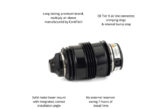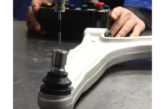
Lucas Oil discusses its new programme for students and the importance of additives in a range of applications.
In the first phase of a new programme, the Lucas Oil Academy has re-opened in Anglesey, North Wales, after a pandemic-enforced break. Two teams of student mechanics from a local college will be learning about the increasing role of additives and the benefits of using them in vehicles for both on the road use and under off-the-road racing conditions.
The LOA was conceived as a way of helping young student mechanics to build an early understanding about oil and additive technology, along with the changing roles these products have in automotive engineering. “You might say it’s an extension of our ‘grass roots to top rank performance strategy’, which involves educational initiatives, sponsorship for local organisations as well as other community projects,” says Dan Morgan, director of sales and operations, at Lucas Oil Products (UK).
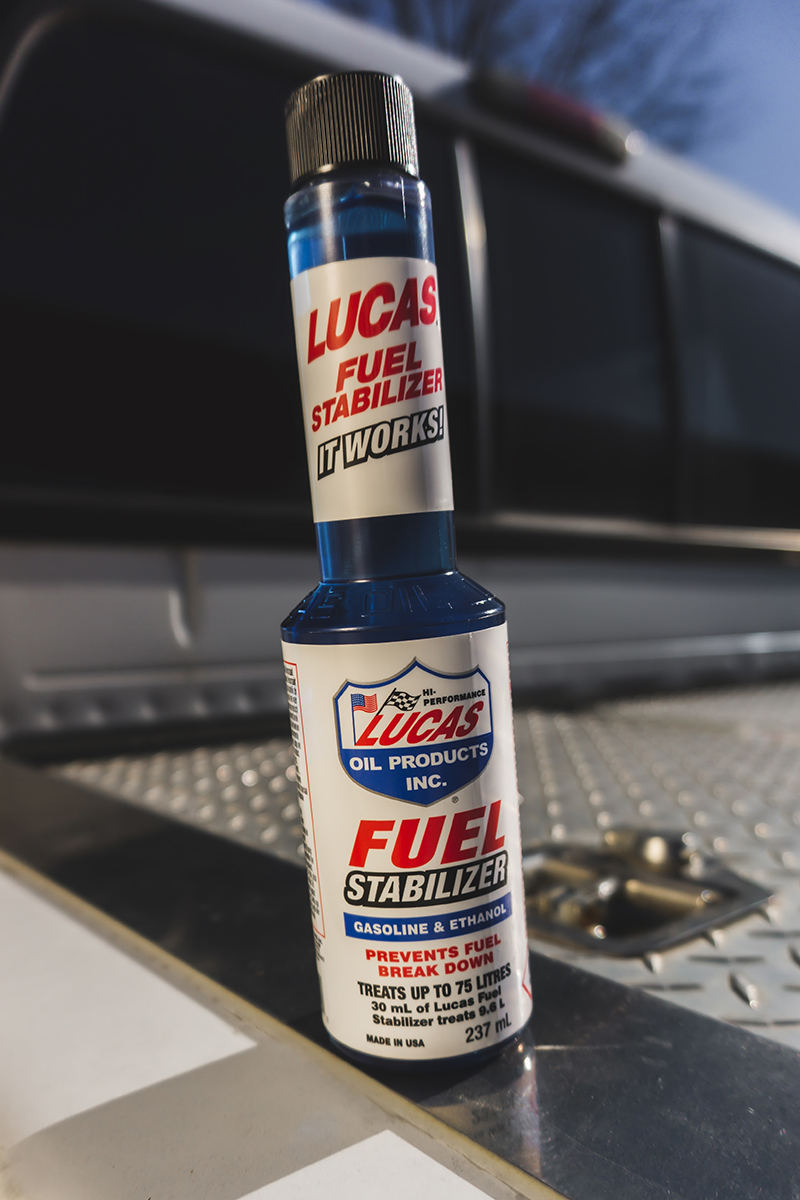
The student teams, all of whom are enrolled on the Motorsport Engineering Level One programme at the nearby Coleg Menai, will be exploring ways in which additives can help to improve vehicle maintenance and overall performance. At the end of their two-year programme, each team will race-off in cars they have built using a mix of kits and recycled components from donor vehicles.
Additives
In the garage, additives are increasingly being seen as essential toolbox accessories because of their ability to solve problems. For teams involved in motorsports, additives present an opportunity to introduce a preventive maintenance strategy. It’s a strategy that protects the engine, adds to vehicle reliability on the track and can save teams real money across the entire racing season.
Lucas Oil considers individual component protection to be an initial step in the complete preventive maintenance process. Professional users of engine additives should also consider system repair and the extension of component life as realistic and attainable goals. There are additional benefits the company argues:
“Given the opportunity, garage customers will also buy into those additive benefits, providing an additional revenue stream for forward thinking proprietors,” adds Dan Morgan. Jody Bevan agrees.
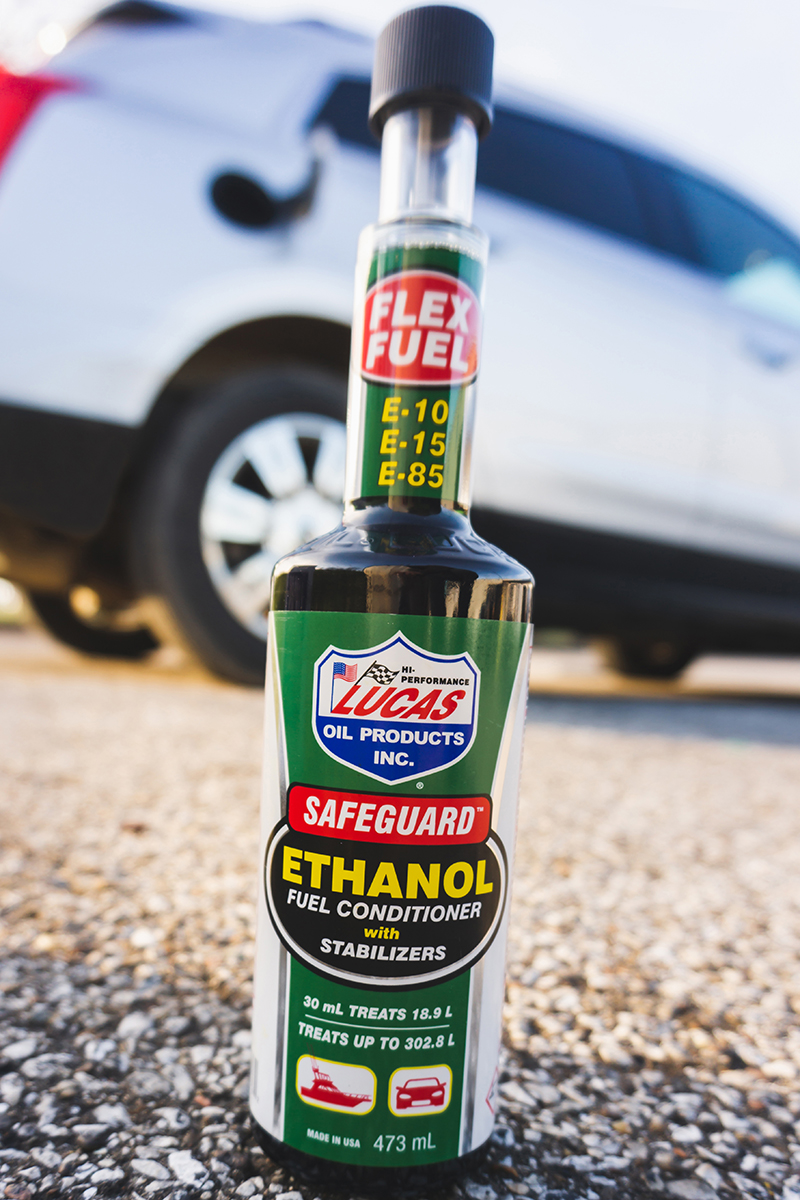
She runs the Oldham-based garage MnJ and is a rising star of YouTube, thanks largely to frequent uploads about her experiences as a lady mechanic. As a Lucas Oil ambassador, she shares feedback about the way additives can be used, successfully, in a garage environment.
For instance, she uses a Lucas Oil additive called Complete Engine Treatment because its technology allows it to be added to fuel systems and oil systems. When added to oil, it fortifies the oil and adds protection for engine components. It improves oil flow in cold weather – a major benefit for UK users.
Added to fuel, it removes tar and resin deposits and improves the burn. That helps to improve fuel efficiency and reduce harmful emissions at the same time.
Different applications
She uses the oil stabiliser as a problem solver in a lot of cases:
“I find it’s perfect for cars with oil-fed timing chain tensioners (especially the Vauxhall chains that can be noisy and rattly.) It’s also great for tired/worn engines because it raises oil pressure, adds lubrication, lowers oil temperatures and extends oil life. We use this in engines and manual transmissions or differentials to stop wear, leaks and to reduce heat, noise and hard shifts.”
When customers acquire a diesel-driven car without a reliable history, she recommends use of Lucas Oil’s Diesel Deep Clean:
“It is an excellent preventative maintenance product, which cares for the diesel particulate filter (DPF). The fuel burns more cleanly. A lot of particulate matter that would otherwise have entered the exhaust system is removed. It will also help to clear matter that’s already trapped in the DPF.”
Lucas Oil says fuel additives should be seen as important additions to the toolbox, especially early in the year. MnJ’s garage customers have begun to appreciate this:
“I use Fuel Stabiliser in my own classic cars. I advise my customers to use it in theirs,” she says. “It prevents the breakdown of petrol during storage, which works especially well with classics that only come out of the garage during the summer months. It’s an additive that also cleans, lubricates and maintains fuel system components.”
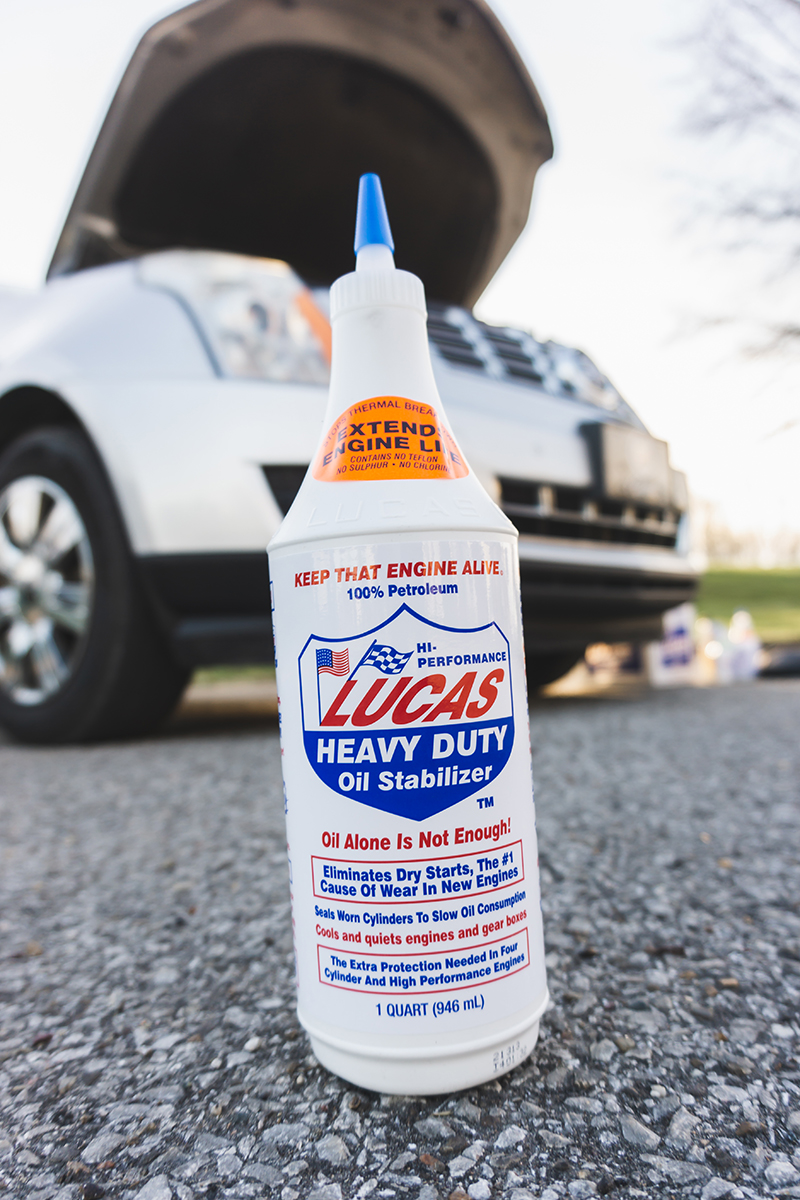
Following a change in petrol specifications last September, Lucas Oil has been urging garages to help their customers to heed warnings about the potential for damage from the higher levels of ethanol that’s now present in the new fuels.
Jody Bevan has taken this on board: “I feel Safeguard Ethanol Fuel Treatment is an important additive for classic car owners. If for any reason you can’t use or get E5 fuel, then you can use the E10 alternative but have this handy to add to your tank. It will help prevent, corrosion and degradation of fuel system components, as well as prevent the separation issues caused by ethanol in the fuel system.”


